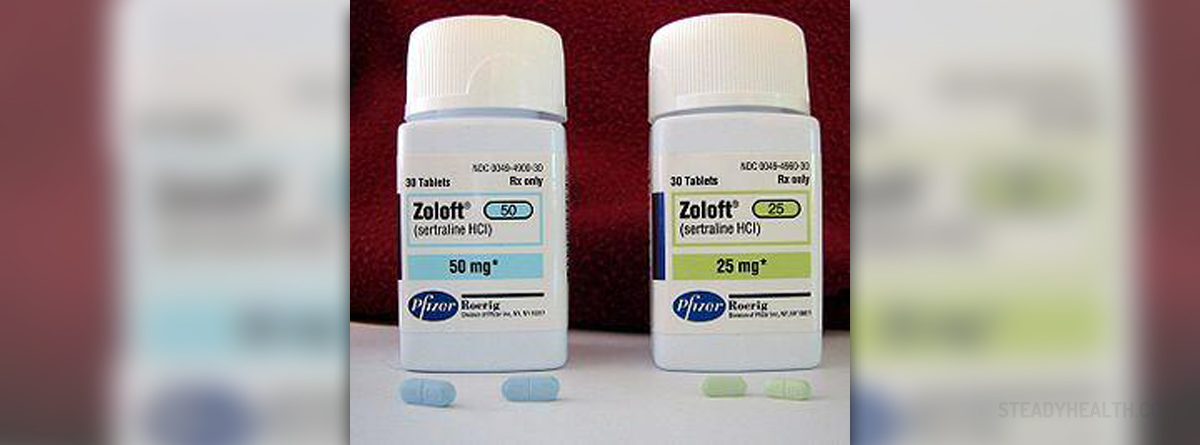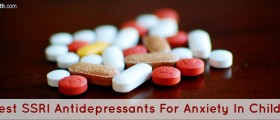
Zoloft belongs to a class of drugs called SSRIs or selective serotonin reuptake inhibitors. It is an antidepressant which affects the brain of the patient, leading to balancing of the chemicals which trigger depression, panic, OCD or anxiety in people when imbalanced. Zoloft is also used for treating post-traumatic disorders and premenstrual dysphoric disorder, as well as many other mental complications and conditions.
Using Zoloft
This antidepressant should not be used for purposes other than those listed in the instructions or issued by a health practitioner. Also, this medication should not be taken if you are already using certain drugs such as pimozide or MAO inhibitors. Combining the two may lead to serious health problems which can even be life-threatening. If you are taking MAO inhibitors, make sure you stop for at least two weeks before taking Zoloft. The same goes for taking MAO inhibitors after stopping taking Zoloft.
Once you visit your doctor, before he/she writes you a Zoloft prescription, make sure you let him/her know if you have had a liver or kidney disease, have suffered from a stroke, seizures or epilepsy, bipolar disorder and suicidal tendencies or if you have abused drugs in the past. All these factors need to be negative in order for you to use Zoloft safely. In general, teenagers tend to develop suicidal tendencies once they start taking antidepressants. So, react and seek medical assistance in case any odd symptoms start affecting you.
Side-Effects of Zoloft
Zoloft, along with all other SSRIs, when taken by pregnant women, may affect the health of newborn babies, especially their lungs. Yet, stopping the Zoloft therapy during your pregnancy may not be a good tactic, since this might lead to a relapse in depression. Therefore, the best step to take is to consult with your doctor about this state of affairs and your proper reaction. Also, your breast milk may be affected by the drug, so make sure you let your doctor know if you are breastfeeding.
Zoloft overdose mainly manifests through dizziness, drowsiness, vomiting and nausea, increased heartbeat speed, tremors, confusion, coma, seizures and irritability. Note that Zoloft side-effects get worse when you consume alcohol while taking these medications. Furthermore, avoid liquid Zoloft since this medication may contain alcohol per se. Ultimately, do not drive while under the effect of this and similar medications and do not mix any sleeping or relaxation medications with Zoloft, since the combination may lead to extreme sleepiness, affecting your normal functioning significantly.

















Your thoughts on this
Loading...